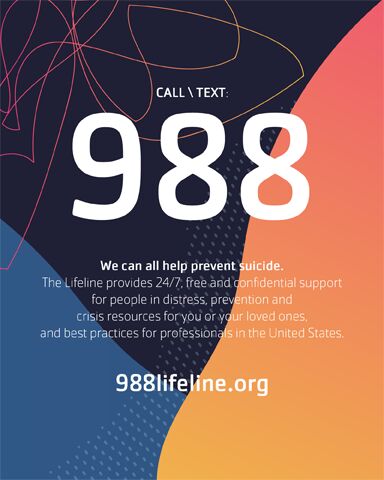Inappropriate or Abusive Situations
Abuse at Home
Living in an abusive home is stressful and dangerous, but sometimes we feel like we don’t have the power to do anything about it. Leaving home isn’t always an option, especially if you are isolated from extended family. Whether you have somewhere else to go or not, the priority is your safety. Here are some ways you can prioritize your safety while living in an abusive home:
- Tell a trusted adult what is going on – teachers and school administrators can help get you to a safe situation; the Y is a Safe Place and there are staff available who can assist you with reporting abuse in your home
- Stay in contact with people who make you feel safe
- Avoid the person(s) causing harm
- Practice stress-relieving techniques like deep breathing
- Create an emergency exit plan
- Call the police – sometimes, the best thing you can do when you or someone else is in danger is to call for help.
Abusive Relationships
Teens in abusive relationships are more common than expected. This is because abusers are cunning and deceptive, so signs of abuse may not be obvious. Here are some signs to look for that may signal an abusive relationship:
- Verbal abuse
- Excessive criticism and blame
- Always angry or in a sour mood
- One partner is always nervous or jumpy
- Threatening to cause harm for leaving the relationship
- Controlling
- Shaming
- Outwardly jealous
- Constantly demanding to know where their partner is
If anyone makes you feel uncomfortable or unsafe, the best things you can do are (1) create distance between you and the abuser and (2) tell an adult you trust. A trusted adult can help you plan for moments when you come in contact with the abuser and intervene if necessary to keep you safe.
Abusive relationships seriously affect mental health, so you should seek help from a professional if you or someone you know is experiencing one.


